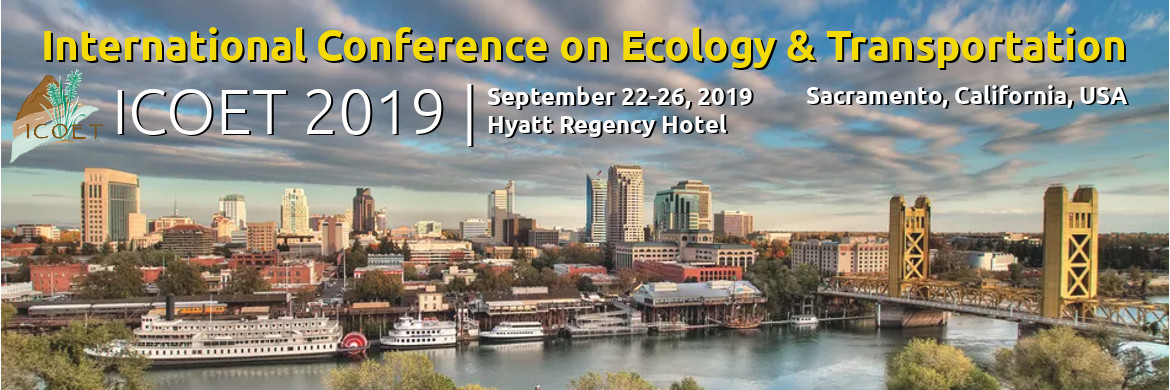The impacts of railways on the environment is gaining recognition throughout the world. Agencies and researchers have been evaluating impacts to wildlife, such as mortality and collision risks and barrier effects, as well as impacts to vegetation, such as spread of exotic and pest species throughout railway networks.
The proposed workshop will promote a dialogue between practitioners and researchers, and bring together those working within the field of railway ecology. The body of literature on the impacts on railways on wildlife and environment steadily growing, and the needs of government transportation agencies and private railway companies to address these issues is also escalating. Thus, it is important for one can share their research and learn from others. In this workshop we will cover all grounds, starting from the basics and known state of the literature, and moving towards identifying gaps in knowledge and what information managers need to improve their management of railways. Therefore, the goals of this workshop are to:
1. Identify current gaps in knowledge,
2. Share experiences and findings from working on local projects,
3. To build the communication between a network of people that work on similar issues.
Topics of discussion will include mortality effects, barrier effects, and animal behaviour and will be centred around how to identify these impacts, and what appropriate mitigation strategies and solution are available. The discussion will remain fluid and cater towards the key areas of focus identified by the participants.
It is important that the information shared in this workshop incorporates all stakeholders, and spans countries in order to get a holistic view of the impact of railways on the environment.
The planned final product of this workshop will be a compilation of the workshop ideas and suggestions, plus reports and/or research papers related to rail ecology provided by the workshop participants. The lessons learned from this workshop will be highly relevant to the Department of Transport, private railway companies and to researchers.
